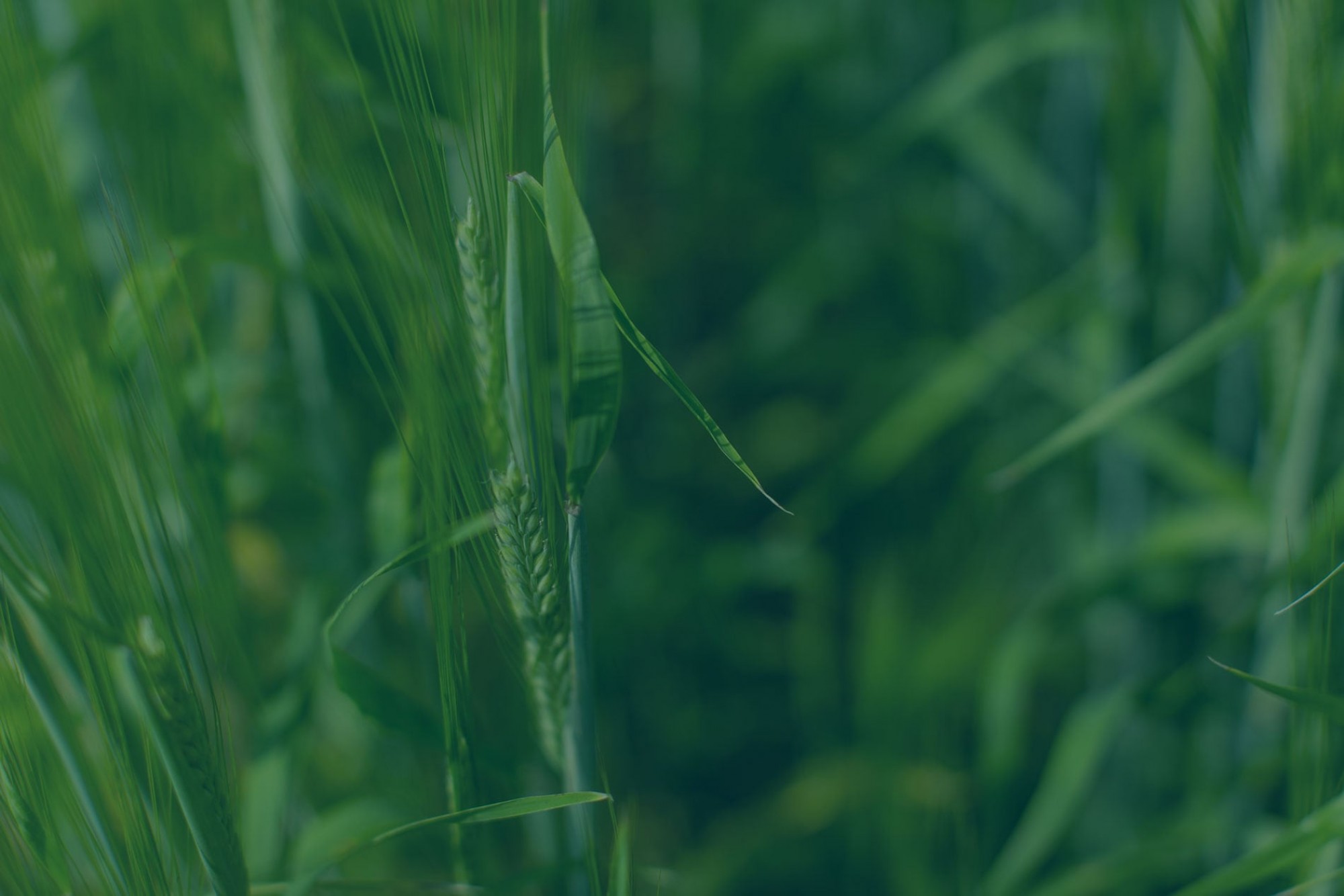New Genetic herbicide resistance testing available in the Prairies
Crop production in the Canadian Prairies is significantly affected by herbicide-resistant (HR) weeds. Herbicide resistance testing is the first step in identifying HR weed populations and making plans to battle it.
Many are familiar with herbicide resistance testing through whole-plant bioassay. Weed seeds are collected from suspected HR weed patches and sent to the testing labs. The labs use single-dose screening methods, where weed seed is planted in greenhouses, sprayed with herbicides and evaluated for HR based on its response compared with resistant and susceptible control samples. Though effective, this method can take 2-5 months. Weed management adjustments can only occur in the following growing season.
A new genetic HR weed test accelerates the process to 1-2 weeks, from sampling to results being available. It helps answer the common question, “I sprayed XYZ but the weeds didn’t die, what do I do next?”.
It is a game changer that allows in-season adjustments to weed management programs. The new testing method uses weed leaf tissue samples to extract DNA, then genetic methods are used to determine if a mutation conferring HR is present.
Since 2015, a network of public and private researchers has been contributing to a growing list of genetic tests to detect HR in weed species. The initiative started in the Eastern provinces of Quebec and Ontario, followed by expanding work on the common weeds in the Prairie provinces. In 2025, genetic HR weed testing service becomes commercially available in the Canadian Prairies.
The labs currently offering genetic HR weed testing in the Prairies are:
SGS – Turnkey Genomics
In collaboration with Turnkey Genomics, SGS provides genetic HR weed testing for two weed species at the moment:
- Wild oat (groups 1 and 2); and
- Kochia (groups 2, 5 and 9).
- Other weeds and herbicide MOA are available on-demand.
SGS has two options available. One options if the field scan sample kit, where supplies are provided to sample 10 unique plants within the field. The other option is the single leaf sample, with packaging instruction included.
Costs for single leaf tissue is $40 plus tax per herbicide group. For field scan of 10 leaves, the cost is $300 plus tax per herbicide group.
Reach out to SGS Sherwood Park for testing kits, sampling protocols and any HR weed testing questions:
SGS Sherwood Park
310, 280 Portage Close
Sherwood Park, AB, T8H 2R6
1-800-952-5407
ca.cropscience@sgs.com
Cropscience.sgs.ca
20/20 Seed Labs
20/20 Seed Labs is also offering both genetic testing and whole plant bioassay for herbicide resistance.
1. Genetic Testing
This method identifies specific genetic mutations in weeds that are known to confer herbicide resistance.
The genetic testing for HR weeds is currently offered for herbicide groups 1, 2 and 9. The cost per test is currently $250 plus GST per active group.
While it’s a rapid test that can provide growers with in-season weed control options, it does have limitations—it does not detect metabolic resistance mechanisms that may also be present in the plant.
2. Whole Plant Bioassay
This test is conducted on seeds collected from plants that survived herbicide applications during the growing season.
The cost of whole plant bioassay is $135 plus GST per active group.
Although it takes longer to complete, it provides a more comprehensive assessment by detecting both target site mutations and metabolic resistance.
This method is considered the gold standard and is typically performed in the fall, with results used to guide spring management decisions.
Visit 20/20 Seed Labs for more information about the tests.
More labs that offer genetic HR weeds testing will be available in the next couple years. Researchers have designed the genetic tests for 14 herbicide resistant weed biotypes. They are in the process of commercialization. More research on the expansion and optimization of rapid genetic tests for herbicide resistance is underway. We will share the news as soon as they become available commercially!
How accurate is the genetic herbicide resistance testing?
The short answer: it depends on the weed species and the herbicide group.
The mechanism of herbicide resistance may be complicated. The herbicide resistance can be conferred through:
1) Target-site resistance – genetic HR tests are best at identifying.
- Target site mutation – this is caused by the mutation of certain genes. In practice, this mechanism is where genetic HR tests are best at identifying.
- Gene amplification – the amplification of target site genes that help the weed overcome registered rates of the herbicide. This mechanism is also easily identified with genetic HR tests.
2) Non-target site resistance: harder to identify with genetic tests.
- The resistance mechanisms that are not due to the specific enzyme or protein that the herbicide targets.
- The mechanisms include enhanced metabolism, reduced translocation, reduced uptake of the herbicide, etc.
- These mechanisms are more complex and more difficult to identify with genetic HR resistance.
For wild oat, there is a combination of target site mutations and enhanced metabolism. The genetic HR tests can identify the mutation, but don’t have the capacity to assess the HR caused by enhanced metabolism. For this reason, whole plant assay, where weed seeds are grown in greenhouse, treated with herbicides and assessed for phenotypic response, remains the most accurate way to test herbicide resistance in wild oats.
Kochia is a slightly different story. Molecular testing for Group 9 resistant kochia has been available at Pest Surveillance Initiative (Winnipeg, MB) for a few years. This is due to the target-site nature of Group 9 resistance in kochia. However, Group 4 resistance in kochia has multiple different mechanisms that make developing the molecular HR tests more difficult.
Herbicide resistance testing labs
Despite the slower turnaround time, whole plant bioassay remains the most accurate HR weed testing so far. They test for the weeds’ phenotypic response to herbicide. The following labs offer whole plant bioassay for HR weed testing in the Prairies:
-large.png)
Takeaways
- Herbicide resistance testing is the first step in managing the weeds in an integrated approach.
- Genetic herbicide resistance testing is now available in the Prairies, covering herbicide groups 1, 2, 5, 9 and more on-demand.
- Genetic herbicide resistance testing provides a 7 to 14-day turnaround time. It helps with adjusting in-season weed management strategies.
- Do keep in mind that herbicide resistance mechanisms are complicated. Current herbicide resistance tests can’t identify HR in all species or all herbicide groups. They can not replace the traditional whole plant assay method. The former have yet to identify.
- Whole plant assay remains the most accurate test for herbicide resistance testing.
If in doubt, collect weed samples from the suspected patches and send them to one of the labs for testing!

